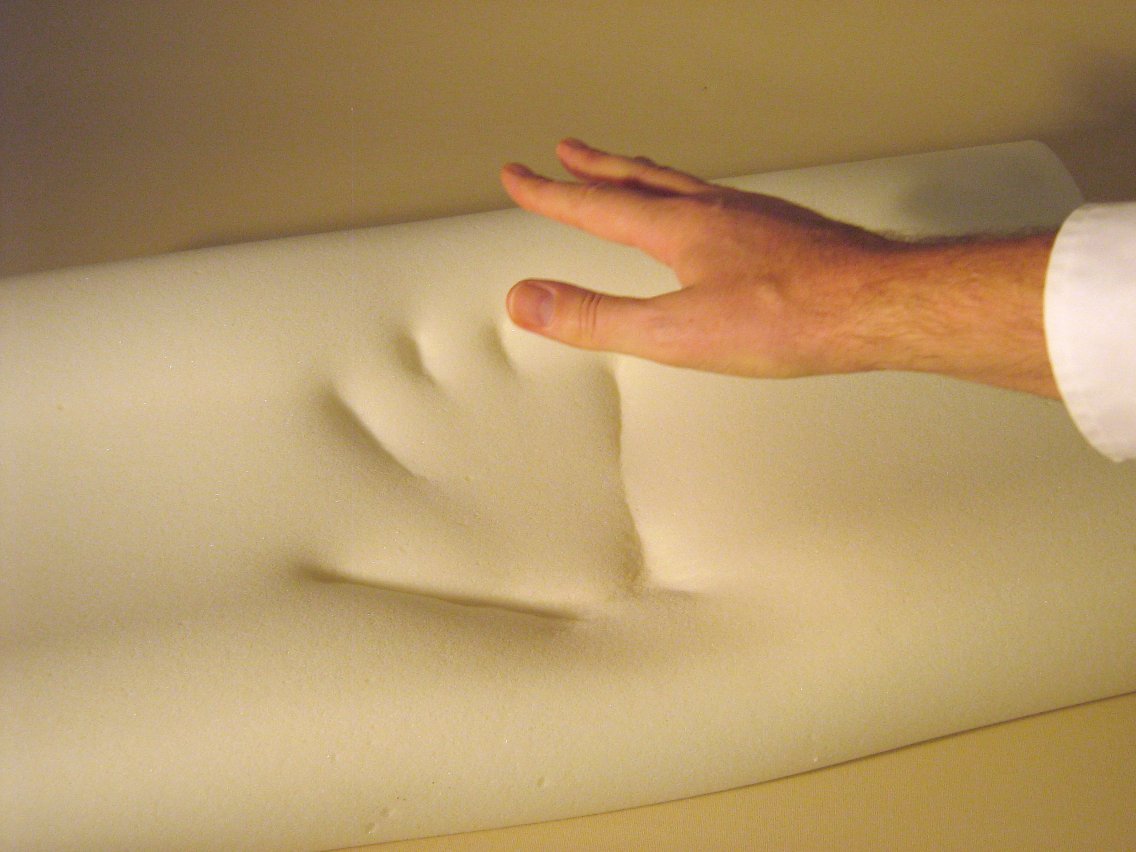Memory foam has revolutionized the sleep industry since its introduction in the 1960s. In this blog, we're going to dissect what memory foam is and discuss its advantages and potential drawbacks.
Unraveling Memory Foam: What Is It?
Memory foam is a type of viscoelastic polyurethane foam known for its ability to conform to the body. It was initially developed by NASA to improve seat cushioning and crash protection for airline pilots and passengers.
The Unique Qualities of Memory Foam
Memory foam is heat sensitive and responds to the body's temperature and weight. It softens under warmth, allowing it to mold to the body in response to heat and pressure. This leads to even weight distribution across the surface, reducing pressure points and enhancing comfort.
The Pros of Memory Foam
Memory foam presents several advantages that contribute to its popularity in the bedding industry.
Superior Comfort and Support
Memory foam's conforming ability provides personalized support, adapting to the sleeper's body shape to offer optimal spinal alignment and pressure relief. This can lead to reduced discomfort and improved sleep quality.
Excellent Motion Isolation
Memory foam is renowned for its motion isolation capabilities. The material absorbs movement and prevents it from transferring across the surface, making it an excellent choice for those who share a bed.
Noiseless
Unlike innerspring mattresses, memory foam mattresses don't have coils that can squeak or creak over time. This makes them virtually silent when bearing weight.
The Cons of Memory Foam
While memory foam has many advantages, there are also a few potential downsides to consider.
Heat Retention
Memory foam's density can trap body heat, causing discomfort for some sleepers, particularly those who naturally sleep hot. However, many modern memory foam mattresses incorporate cooling technologies, such as gel infusions, to help combat this issue.
Off-Gassing
New memory foam mattresses may emit a chemical odor, a process known as off-gassing. While typically harmless, the smell can be bothersome to some individuals, though it generally dissipates within a few days.
Sinkage and Slow Response Time
Memory foam mattresses can sometimes cause a "sinking" feeling, due to their high conformity. They also tend to respond slowly to changes in pressure, which may cause difficulty for those who change positions frequently during sleep.
Conclusion
Memory foam, with its pressure-relieving properties and motion isolation, offers enhanced comfort and a silent night's sleep. However, aspects like heat retention, off-gassing, and sinkage might make some consumers think twice. As always, when choosing a mattress, it's vital to consider these pros and cons in light of personal comfort preferences and sleep habits.


